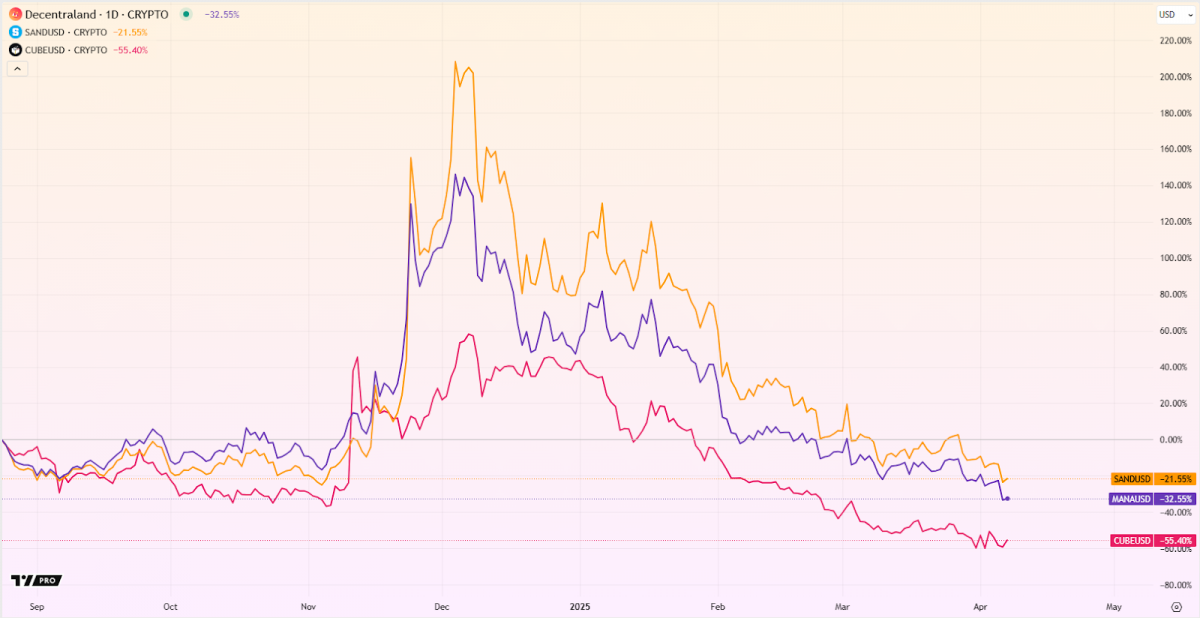As blockchain and decentralized technologies evolve, a new phenomenon is gaining traction — virtual nations (also known as digital nations). These communities primarily exist online and come complete with their own economies, laws, citizenship, and even cryptocurrencies.
Financial analysts view virtual nations as a potential breakthrough in the digital economy, though this concept comes with serious challenges. So, what exactly are virtual nations, and how do they work? Why could they shape the future? Which cryptocurrencies are tied to these nations, and what makes them unique?
What is a virtual nation?
A virtual nation is a digital state that isn’t tied to any physical territory. It can:
- Offer its own form of citizenship (such as tokenized passports).
- Use cryptocurrency as a national currency.
- Be governed through DAOs or more traditional institutions.
- Develop a virtual economy (metaverses, digital services, online trade).
How they work
- Decentralized governance: decisions are made through token holder voting.
- Tokenized assets: land, real estate, and citizenship are represented as separate tokens.
- Blockchain-based economy: all transactions are transparent and secured via smart contracts.
- Global access: anyone with the Internet can become a citizen.
Key benefits
- Decentralization and independence.
- No ties to traditional nation-states, reducing corruption and bureaucracy.
- Smart-contract governance.
- Crypto-powered economy, offering fast and transparent peer-to-peer transactions.
- Ability to create tokens for internal use.
- Global accessibility — anyone around the world can become a citizen.
- Digital rights and privacy.
- Some projects offer blockchain-based digital passports and data protection.
- Possibility to avoid censorship and political persecution.
- Innovative legal systems with Laws are built on code and algorithms instead of traditional legal frameworks.
Major drawbacks
- Legal uncertainty as most virtual nations aren’t officially recognized.
- Conflicts with national jurisdictions (taxes, regulation, extraterritorial issues).
- Technical vulnerabilities include susceptibility to hacking, system failures, and private key loss.
- Dependence on stable internet and crypto infrastructure.
- Lack of physical protection — no real-world army, police, or courts.
- Limited recourse in disputes with traditional governments.
- Economic instability — crypto market volatility can destabilize virtual economies.
- High risk of financial bubbles and fraud.
- Social and cultural challenges with weak cultural and national identity on one hand and trust issues among anonymous members.
Top 5 cryptocurrencies linked to virtual nations
Before diving into the major tokens associated with virtual nations, it’s useful to take a quick look at a crypto heatmap. This visual tool offers real-time insights into the market’s current mood, highlighting which tokens are on the rise or in decline. It sets the stage for understanding how these projects are performing within the broader crypto ecosystem.
1. Decentraland (MANA)
Platform: Virtual world with a functioning economy.
Features: Buy virtual land, run business, host events.
2. The Sandbox (SAND)
Platform: Gaming metaverse with user-generated content.
Features: Build games, trade assets, and partner with major brands (e.g. Adidas, Snoop Dogg).
3. Nation3 (NATION)
Platform: Decentralized “state” built on Ethereum.
Features: NFT-based citizenship, DeFi-powered insurance.
4. Bitnation (XPAT)
Platform: One of the first virtual nations, founded in 2014.
Features: Decentralized passports, blockchain-based courts.
5. Somnium Space (CUBE)
Platform: VR metaverse with its own land and economy.
Features: Fully immersive with VR headsets.

Virtual nations are a high-risk but potentially groundbreaking sector. If metaverses gain mainstream adoption, their associated cryptocurrency could see major growth. However, this space still faces significant legal and economic risks.
These digital experiments offer freedom from traditional systems, but due to legal, technical, and social limitations, they aren’t ready to fully replace nation-states. The future of virtual nations will largely depend on the evolution of blockchain technology, regulatory frameworks, and society’s willingness to embrace new forms of citizenship.

Disclaimer: The views expressed in this article are those of the author and may not reflect the views of the CryptoTotem team. This article is for informational purposes only and is not intended to be used as legal, tax, investment or financial advice. The author or the publication does not hold any responsibility, directly, or indirectly, for any damage or loss caused or alleged to be caused by or connected with the use of or reliance on any content, goods or services mentioned in this article. Readers should do their own research before taking any action on this matter.
